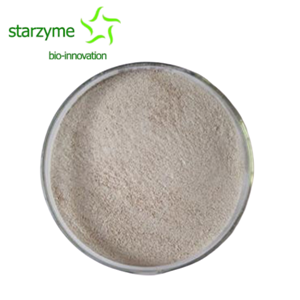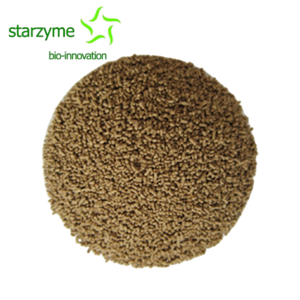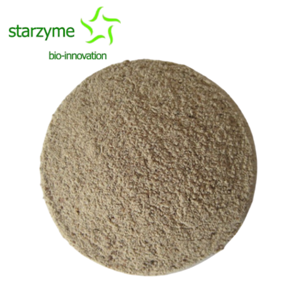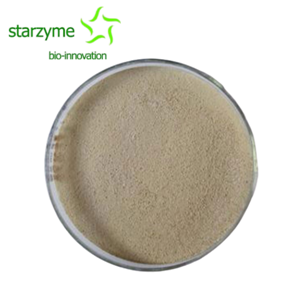Main Functions and Roles of Lactic Acid Probiotics in Animal Husbandry
Below are the main functions and roles of Lactic Acid Probiotics in Animal Husbandry.
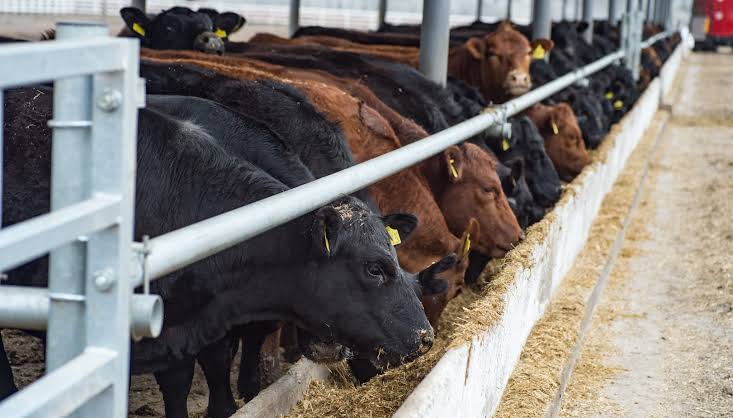
Improving intestinal environment and increasing feed utilization efficiency
Lactic Acid Probiotics can break down carbohydrates, produce lactic acid and other organic acids, lower the pH value of the intestine, improve the intestinal environment, inhibit the growth of harmful microorganisms, and enhance the immunity of livestock and poultry. In addition, the lactic acid produced can reduce the activity of alkaline esterase in the animal intestine, help improve the utilization rate of phosphorus in feed, and promote the absorption of calcium and phosphorus, which is conducive to the comprehensive and effective utilization of nutrients in feed by livestock and poultry.
Promote growth and enhance immunity
Lactic Acid Probiotics can promote the growth and development of livestock and poultry. For example, adding 0.1% Lactic Acid Probiotics to the drinking water of chicks can significantly improve their survival rate and daily weight gain. In addition, it can produce B vitamins such as vitamin B1 and B2, as well as some amino acids, which can be directly used as feed additives to improve the health status of livestock and poultry.
Reduce the incidence of diseases
Lactic Acid Probiotics have significant disease prevention effects. Research shows that Lactic Acid Probiotics can reduce or even do not use veterinary drugs, reducing the incidence rate of livestock and poultry by more than 70%, in particular, it can effectively prevent and treat yellow dysentery, red dysentery, white dysentery, gastroenteritis, stomach food accumulation, and front stomach flaccidity of ruminant animals. In addition, it can also eliminate fecal odor, reduce ammonia emissions, gradually reduce or even eliminate flies and mosquitoes, purify the environment, and reduce the incidence of diseases.
Improve the quality of meat, eggs, and milk
Feeding livestock and poultry with Lactic Acid Probiotics can significantly improve the quality of meat, eggs, and milk. For example, feeding chickens with Lactic Acid Probiotics not only increases egg production by 9.4%, but also greatly improves quality. In addition, dairy products fermented with Lactic Acid Probiotics contain rich nutrients that are easily absorbed by the human body and have health benefits.
The role of Lactic Acid Probiotics in breeding cattle and sheep is mainly reflected in the following aspects:
Improving gastrointestinal function: Lactic Acid Probiotics can improve the gastrointestinal environment of livestock, accelerate food absorption and digestion, inhibit the growth of spoilage bacteria, and maintain the balance of gastrointestinal microbiota. Furthermore, it can tightly bind gastrointestinal mucosa and adhesins, forming a physiological barrier to improve host resistance and promote disease resistance.

